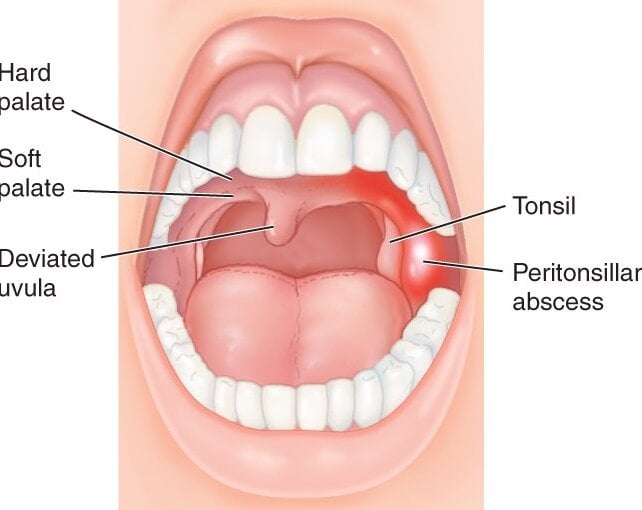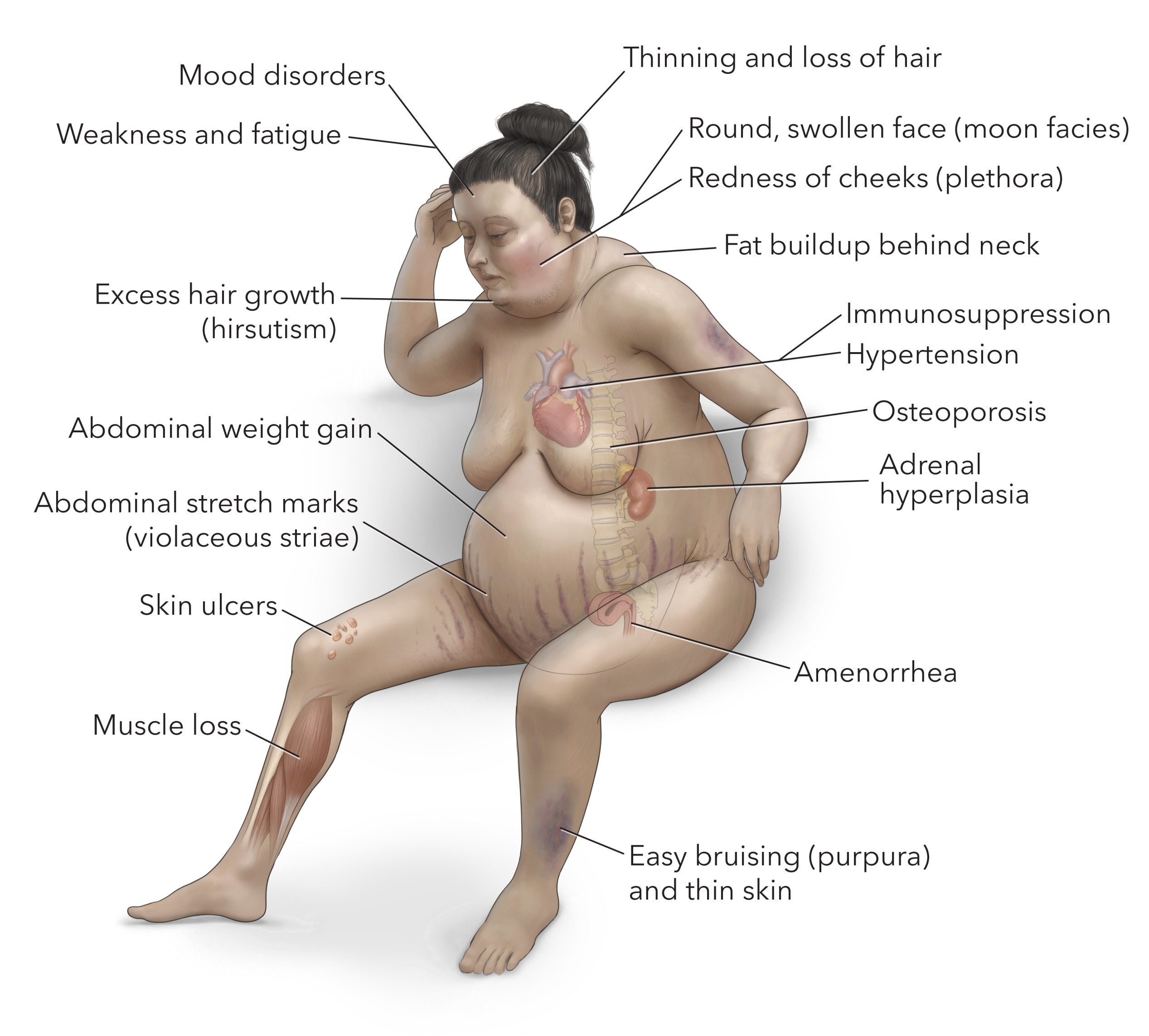-

Respiratory distress syndrome
Respiratory Distress Syndrome (RDS) Lecture Notes Respiratory Distress Syndrome (RDS) Respiratory Distress Syndrome (RDS), also known as Hyaline Membrane Disease (HMD), is a common and often severe lung disorder primarily affecting premature newborns. It is characterized by progressive respiratory failure that develops shortly after birth, typically within the first few hours of life. The hallmark…
-

Furunculosis
Furunculosis Lecture Notes Furunculosis Lecture Notes Furunculosis refers to the condition characterized by the recurrent or multiple presence of furuncles (also known as boils). A furuncle (or boil) is an acute, deep-seated, red, hot, tender nodule that develops in a hair follicle, usually resulting from bacterial infection. It begins as a painful, firm papule (small,…
-

Tonsillitis
Tonsillitis and Tonsillectomy Lecture Notes Tonsillitis and Tonsillectomy Lecture Notes To understand tonsillitis, it’s essential to first know what the tonsils are and their role in the body. I. Anatomy and Function of the Tonsils: Location: The tonsils are lymphoid tissues located at the back of the throat. The most commonly referred to tonsils are…
-

Peritonsillar
Peritonsillar Abscess Lecture Notes Peritonsillar Abscess Peritonsillar abscess, often referred to as Quinsy, represents a localized collection of pus situated in the peritonsillar space. This space is found between the tonsillar capsule and the superior constrictor muscle of the pharynx. It generally involves a pus-filled pocket that forms near one of the tonsils. It is…
-

Otitis Media
Otitis Media Lecture Notes Otitis Media Lecture Notes Otitis Media (OM) is a broad term encompassing a group of inflammatory diseases of the middle ear. The middle ear is an air-filled cavity located behind the eardrum (tympanic membrane) and contains the ossicles (malleus, incus, stapes), which transmit sound vibrations. It is connected to the nasopharynx…
-

Foreign Bodies in The Ear, Nose and Throat
Foreign bodies are objects that are placed in the ear, nose or throat that are not meant to be there and could cause harm without immediate attention. Common foreign bodies in the ear include, insects e.g. flies cockroaches , ants etc. Seeds, buttons, beads, stones etc. They are commonly found in the ears of children.…
-

Common tumors of ear nose and throat (ENT)
Peri-Operative Care (Summary) Preparation for surgery should begin as soon as the doctor makes a diagnosis and decides that an operation is necessary. From that moment on, the patient and relatives are faced with the decision of accepting this treatment and its consequences or not. Pre-Operative Care Admission Explanation of the surgery: The patient is…
-

Partograph
Partograph is a graph or tool used to monitor fetal condition, maternal condition and labour progress during the active 1st stage of labour so as to be able to detect any abnormalities and be able to take action.It’s only used during 1st stage of labour. It is used for recording salient conditions of the mother…
-

Cushing’s Syndrome
CUSHING’S SYNDROME Cushing’s syndrome results from secretion of excessive cortisol either in response to excess ACTH production by the pituitary tumors and adrenal adenoma or nodular hyperplasia. Cushing’s syndrome is simply defined as a hormonal disorder associated with excessive production of corticosteroids by the adrenal gland or the pituitary gland and/or prolonged use of corticosteroids. …
-

Pheochromocytoma
Pheochromocytoma Pheochromocytoma is a tumor that produces excessive amounts of catecholamines, including adrenaline (epinephrine) and noradrenaline (norepinephrine). Pheochromocytoma is a type of neuroendocrine tumor that grows from cells called chromaffin cells. These cells produce hormones needed for the body and are found in the adrenal glands. It is usually benign but can be malignant in…
